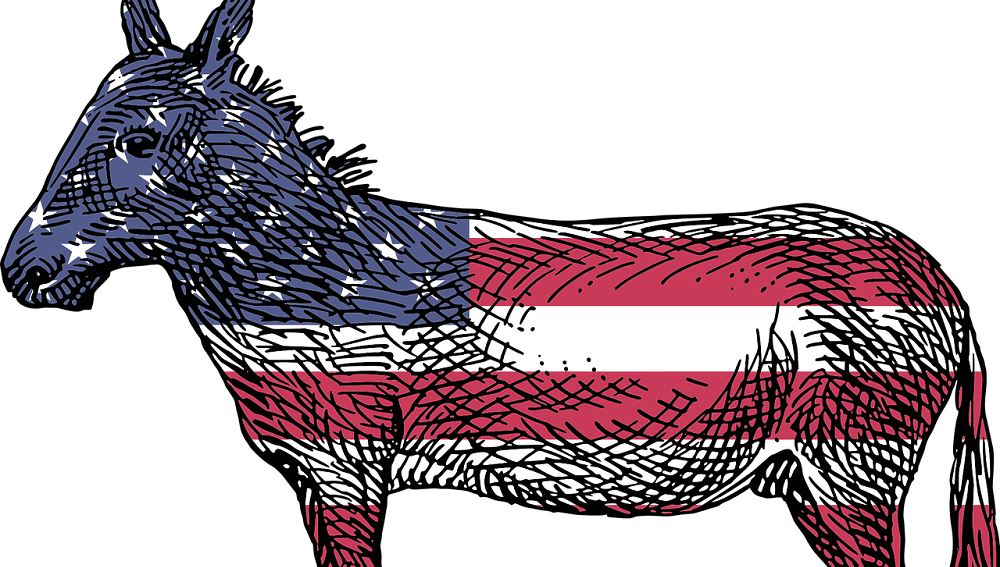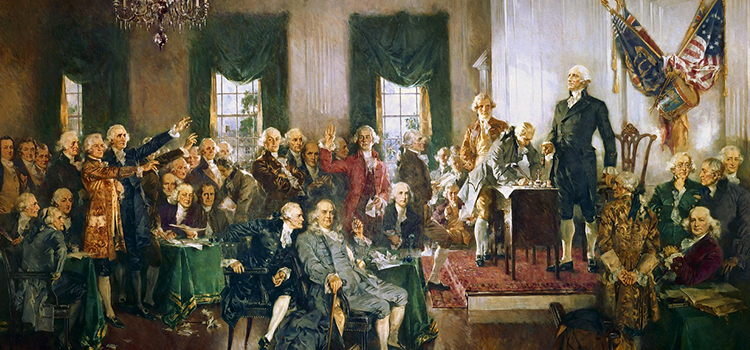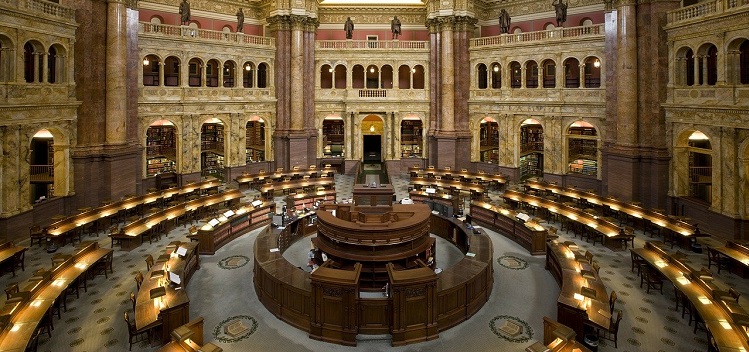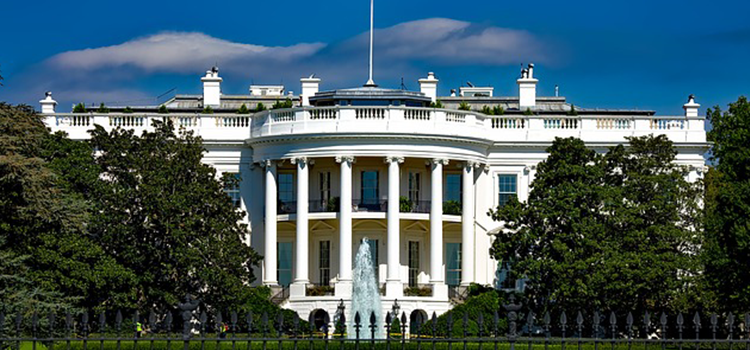Menu
Hot-Topics
May 17, 2022 | SCOTUS Wraps Up Oral Arguments for the Term
Home » Historical









Historical

First Amendment Rights of Public Employees Under Elrod v. Burns
In Elrod v. Burns, 427 U.S. 347 (1976), the U.S. Supreme Court held that the practice of dismissing public employees for partisan reasons runs afoul of the First and Fourte...

Presser v. Illinois – The Court’s Original Second Amendment Case
In Presser v. Illinois, 116 U.S. 252 (1886), the U.S. Supreme Court first considered the Second Amendment. It held that the Second Amendment prevented the states from “prohi...

Resisting Congressional Inquiries Under Barenblatt v. United States
In Barenblatt v. United States, 360 U.S. 109 (1959), the U.S. Supreme Court held that the House Committee on Un-American Activities did not violate the First Amendment in invest...

Investigatory Power of Congress Under McGrain v. Daugherty
In McGrain v. Daugherty, 273 U.S. 135 (1927), the U.S. Supreme Court held that Congress’ power of inquiry, along with means of enforcement, are an integral and valid exercise ...

Presidential immunity Under Clinton v. Jones
In Clinton v. Jones, 520 U.S. 681 (1997), the U.S. Supreme Court held that private civil lawsuits can proceed against a sitting President. In so ruling, the justices unanimously...

Lloyd Corp v Tanner – No First Amendment Right to Protest at Privately-Owned Mall
In Lloyd Corp v Tanner, 407 U.S. 551 (1972), the U.S. Supreme Court held that the owners of a shopping mall could prohibit anti-war activists from distributing leaflets at their...

Kentucky v Dennison First Interprets the Extradition Clause
In Kentucky v Dennison, 65 U.S. 66 (1861), the U.S. Supreme Court held that the Extradition Clause’s commands are mandatory and afford no discretion to executive officers...
Thomas Jefferson: All Men are Created Equal
Thomas Jefferson answers the question: How could you write, "All men are created equal" in the Declaration of Independence and keep slaves during your lifetime? ...

Prior Restraint Under Shuttlesworth v City of Birmingham
In Shuttlesworth v City of Birmingham, 394 U.S. 147 (1969), the U.S. Supreme Court reversed the conviction of an African American minister who was charged with violating a City ...

Congressional Investigations Under Watkins v United States
In Watkins v United States, 354 U.S. 178 (1957), the U.S. Supreme Court clarified the scope of Congress’ investigatory power. It held that the broad power of Congress to condu...
Previous Articles
SCOTUS Wraps Up Oral Arguments for the Term
by DONALD SCARINCI on May 17, 2022
The U.S. Supreme Court has concluded its oral arguments for the October 2021 Term. The justices hea...
SCOTUS Rules Censure of Elected Board Member Didn’t Violate First Amendment
by DONALD SCARINCI on May 10, 2022
In Houston Community College System v. Wilson, 595 U.S. ____ (2022), the U.S. Supreme Court held th...
Supreme Court Breach Is Not the First Involving Roe v. Wade
by DONALD SCARINCI on
The recent disclosure of Justice Samuel Alito’s decision purporting to overturn Roe v. Wade is ar...
The Amendments
-
Amendment1
- Establishment ClauseFree Exercise Clause
- Freedom of Speech
- Freedoms of Press
- Freedom of Assembly, and Petitition
-
Amendment2
- The Right to Bear Arms
-
Amendment4
- Unreasonable Searches and Seizures
-
Amendment5
- Due Process
- Eminent Domain
- Rights of Criminal Defendants
Preamble to the Bill of Rights
Congress of the United States begun and held at the City of New-York, on Wednesday the fourth of March, one thousand seven hundred and eighty nine.
THE Conventions of a number of the States, having at the time of their adopting the Constitution, expressed a desire, in order to prevent misconstruction or abuse of its powers, that further declaratory and restrictive clauses should be added: And as extending the ground of public confidence in the Government, will best ensure the beneficent ends of its institution.
Awards




